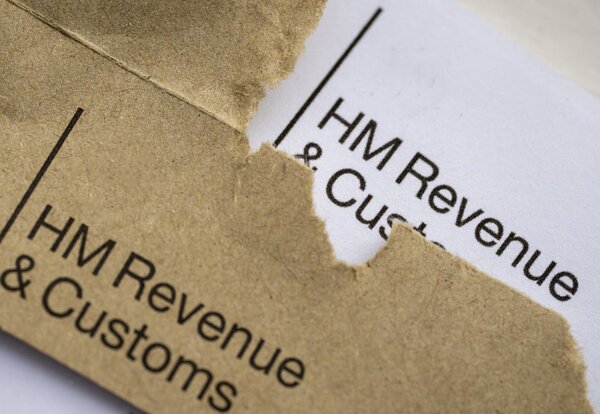A UK company has paid a penalty of £1,160,725.67 in relation to breaches of UK sanctions against Russia, according to a government notice published in July 2025. The payment was made to HM Revenue & Customs (HMRC) in May 2025 under a compound settlement, a method that allows companies to resolve potential prosecution by agreeing to a financial penalty.
This enforcement action was revealed in a Notice to Exporters issued by the Export Control Joint Unit (ECJU), which operates under the Department for Business and Trade. The company, which has not been named, was found to have exported goods to Russia without the necessary export licences. These exports were in direct contravention of UK trade sanctions.
The case is a significant example of the UK’s intensified efforts to enforce its sanctions regime amid ongoing international tensions. It serves as a sharp warning to UK exporters: non-compliance with export controls and sanctions can result in substantial financial and legal consequences.
Background: The UK’s Sanctions on Russia
Following Russia’s full-scale invasion of Ukraine in February 2022, the UK government imposed wide-ranging sanctions targeting Russian individuals, entities, and sectors. These sanctions include strict export controls on military and dual-use items, energy-related products, and high-tech components.
Under these rules, UK businesses must apply for a licence before exporting controlled goods to Russia. The Strategic Export Control List sets out specific categories of items that are subject to regulation. Exporting without a licence is a serious offence, with enforcement handled jointly by HMRC and the ECJU.
The Breach: Unlicensed Exports to Russia
According to the notice published on GOV.UK, the unnamed company was found to have made multiple unlicensed exports of goods controlled under Russia sanctions regulations. The breaches were uncovered by HMRC following an investigation. Specific details about the nature of the goods have not been disclosed, but they were significant enough to warrant a penalty exceeding £1.1 million.
Rather than pursue a criminal prosecution, HMRC reached a compound settlement with the company. This type of settlement is a legally binding agreement that allows the case to be closed without court proceedings, in exchange for a financial penalty.
Enforcement Action: How Compound Settlements Work
Compound settlements are an enforcement tool used by HMRC to deal with export control violations. These agreements are voluntary but carry serious implications. While they do not result in a criminal conviction, they are published by the ECJU to promote transparency and deterrence.
The company paid the £1,160,725.67 penalty in May 2025. This amount reflects the scale and seriousness of the violations, as well as the value and nature of the goods involved. The use of a compound settlement signals that the company cooperated with authorities and accepted responsibility.

Government’s Message to Exporters
While no quotes were included in the original notice, the tone of the government’s communication is clear: exporters must take their legal responsibilities seriously. The ECJU routinely reminds UK firms that failing to comply with sanctions and licensing requirements can result in substantial penalties or prosecution.
The notice serves as a reminder that the UK remains committed to enforcing its sanctions regime rigorously. It also highlights the importance of internal compliance systems within businesses that operate across borders or in sensitive sectors.
Conclusion
The £1.16 million compound settlement paid by a UK exporter over unlicensed shipments to Russia reinforces the government’s commitment to enforcing its sanctions regime. As international pressure on Russia continues, the UK is taking strong action against firms that fail to comply with the rules.
This case should act as a wake-up call to UK exporters, particularly those operating in sectors with potential military or dual-use goods. With sanctions rules expanding and enforcement becoming more robust, companies must ensure their compliance systems are up to date and their staff properly trained.
For those unsure whether their goods fall under export control, the best course of action is to consult the ECJU, use the SPIRE licensing platform, or seek professional legal guidance.











